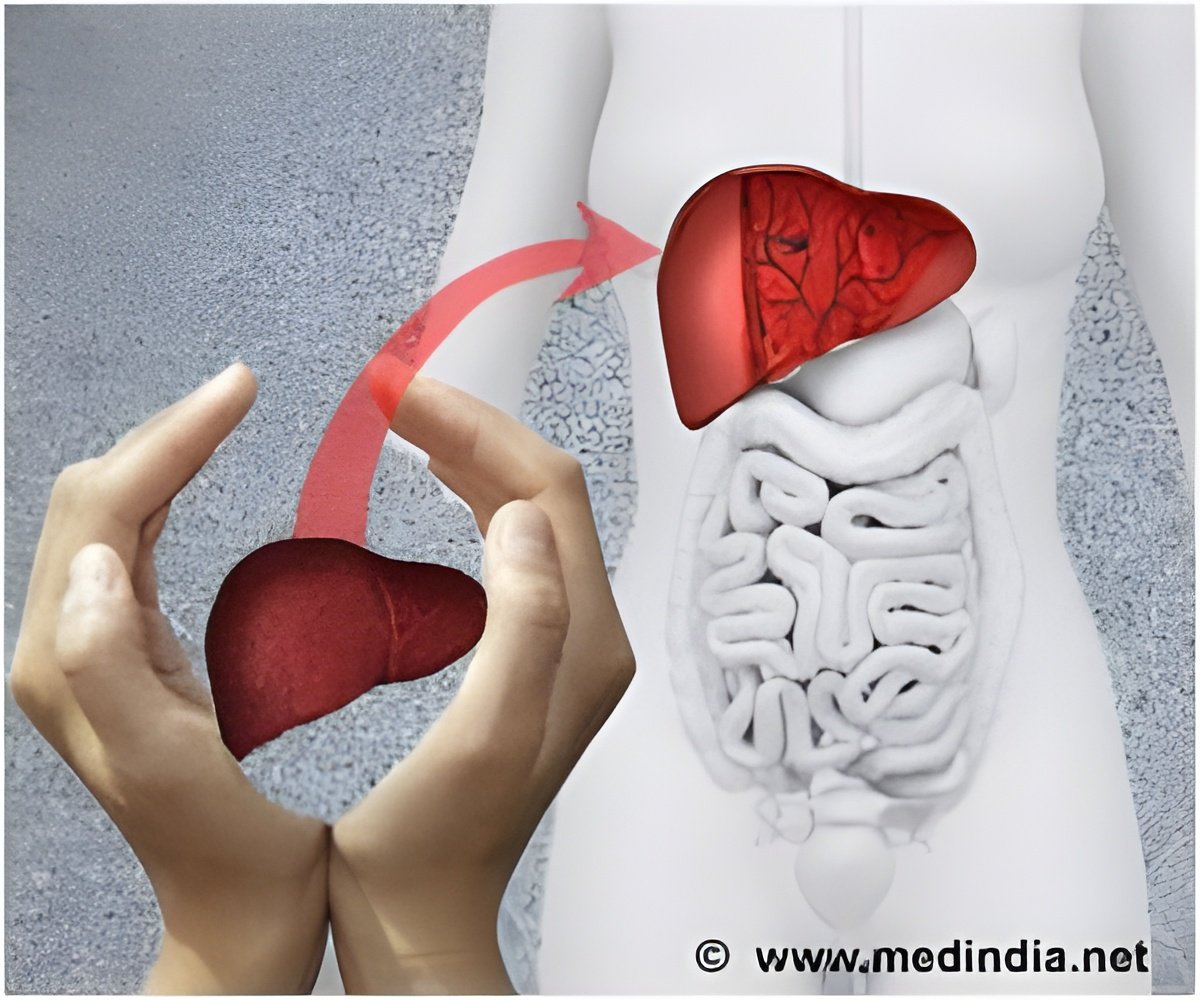The active ingredient in marijuana THC might prove to be a useful anti-rejection therapy and would lead to better approaches to prevent transplant rejection.

"We are excited to demonstrate for the first time that cannabinoid receptors play an important role in the prolongation of rejection of a foreign graft by suppressing immune response in the recipient," said one of the researchers Mitzi Nagarkatti from University of South Carolina School of Medicine in the US.
"This opens up a new area of research that would lead to better approaches to prevent transplant rejection as well as to treat other inflammatory diseases," Nagarkatti noted.
To make this discovery, Nagarkatti and colleagues used two groups of mice that were genetically different, and transplanted skin from one group to the other.
All of the mice received incompatible skin, but one group was treated with a placebo and the other was treated with THC.
The scientists observed that the rejection of the skin graft in mice that received THC was delayed when compared to the control group that only received a placebo.
Advertisement
The study was published in the Journal of Leukocyte Biology.
Advertisement











